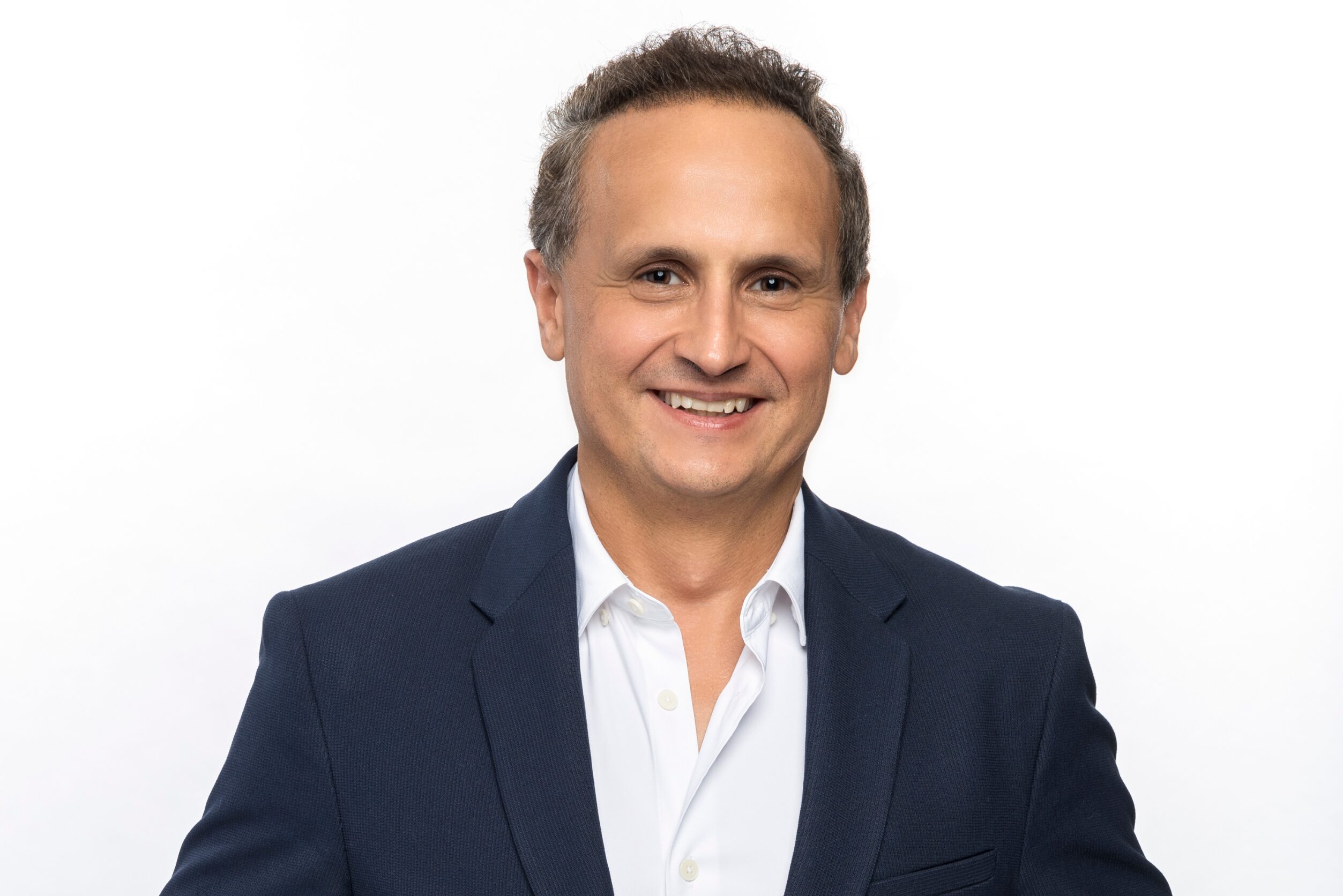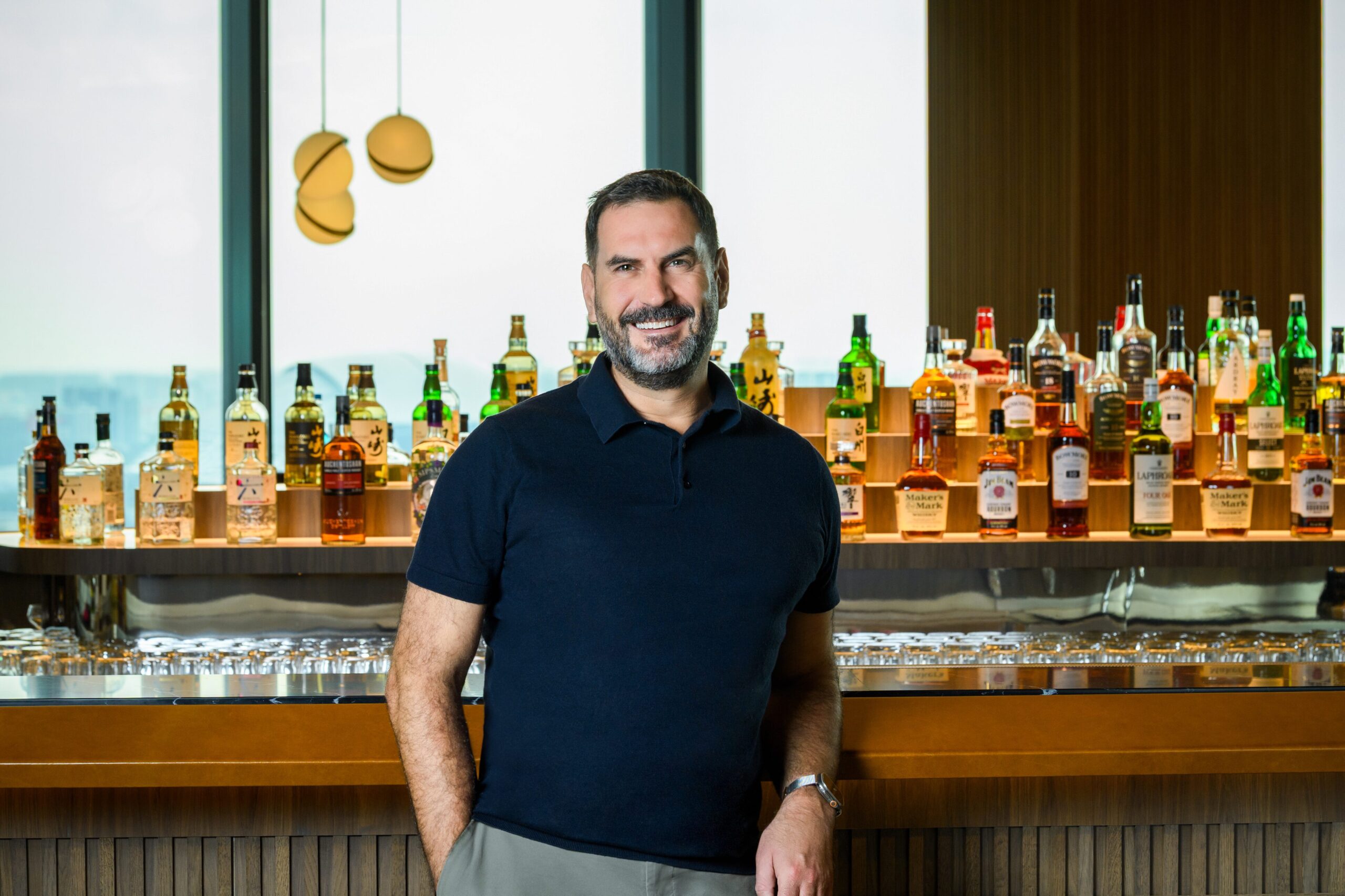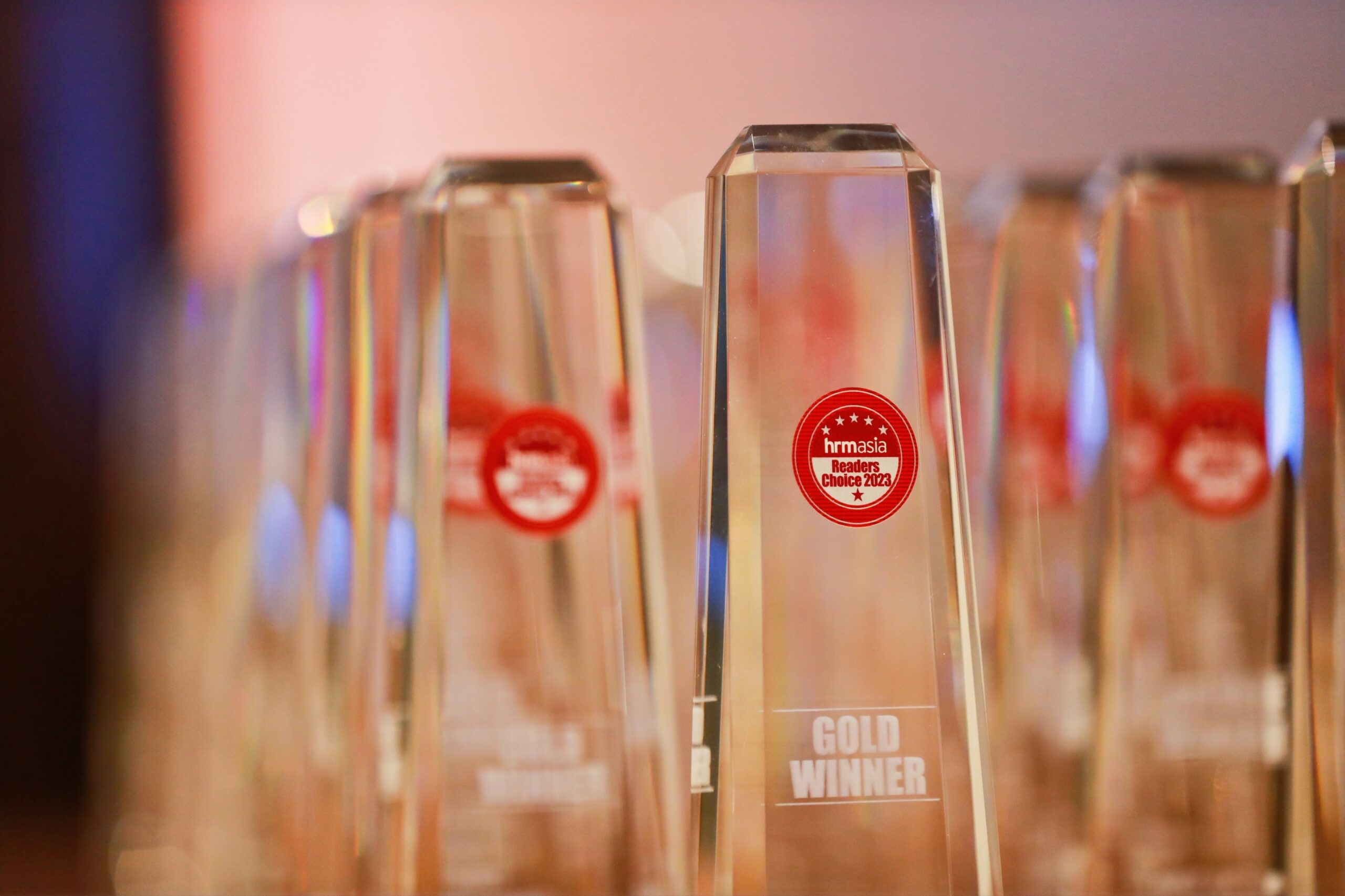When leadership listens: Menarini’s ground-up approach in a multi-market region
- Josephine Tan

“I make a point of admitting mistakes and changing course when feedback warrants it. Employees want to work with leaders who are human and transparent.” – Glen Godresse, CEO of Menarini Asia-Pacific
For generations, the path to corporate success was envisioned as a straight line—a rigid ladder one was expected to climb methodically, rung by painstaking rung. At the Asia-Pacific headquarters of Menarini, one of the world’s oldest pharmaceutical organisations, CEO Glen Godresse has been offering his employees a dynamic structure built on the organisation’s heritage and driven by agility and diverse experiences. “We want careers here to feel like a ‘jungle gym’ rather than a rigid ladder,” he told HRM Asia, championing a workplace culture built on exploration, cross-functional agility, and a multitude of diverse experiences.
This revolution is not the product of a management textbook; it is the culmination of a deeply personal journey. Having spent a decade rising through Menarini’s own ranks in sales, marketing, and general management, Godresse’s perspective is uniquely grounded. He is not applying an external, top-down blueprint for change. Instead, he uses his firsthand knowledge of its foundations, its pressures, and its potential to support a people-centric culture. In a region as complex and multifaceted as Asia-Pacific, this empathetic approach is not just a leadership style—it is a strategic necessity.
Lessons forged on the frontline
Godresse’s leadership philosophy is anchored in a formative memory from early in his career, an experience that has become his guiding principle. “I was given significant responsibility and autonomy, which showed me the powerful effect empowerment has on motivation and performance,” he recalled. That feeling—of being profoundly trusted to deliver—instilled in him a core belief. He witnessed firsthand that in any environment, from the most stable to the most volatile, authentic trust is the ultimate catalyst for employee engagement and business outcomes. It fosters a sense of ownership that policies and directives can never replicate.
Today, he is systematically embedding this principle into the organisation’s DNA. To prevent innovative ideas from languishing in corporate bureaucracy, he has championed programmes like Fusion Labs. These are not typical committees; they are dynamic incubators that bring together cross-market and cross-functional teams to tackle critical business priorities, from digital transformation to new market entry strategies. The teams are empowered to develop concrete, actionable solutions and, crucially, present them directly to senior leadership. This direct line short-circuits traditional hierarchies, signalling that every voice has value.
At a recent regional meeting in Cambodia, he took this philosophy a step further, creating a structured forum where all country and functional heads were explicitly invited to challenge the organisation’s established strategies. For Godresse, these are not just corporate initiatives; they are “tangible examples of empowerment in practice.”
But to lead across 13 distinct markets in Asia-Pacific presents a formidable challenge: the risk of becoming isolated in a “CEO bubble,” where information is filtered and reality is diluted. Godresse actively combats this isolation by embracing the unstructured and the informal. He makes it a priority to spend significant time in Menarini’s various markets, but his visits are intentionally designed to be fluid and unscripted.
“I find the most valuable insights often emerge from corridor conversations, town halls and casual meetings where people feel comfortable speaking freely,” he explained. It is in these unguarded, spontaneous moments that he gains a proper understanding of the organisation’s health, its challenges, and its hidden opportunities. Back at the regional headquarters in Singapore, his open-door policy is a literal invitation; colleagues are encouraged to stop by at any time to share ideas or raise concerns. This accessibility, combined with modern tools like active WhatsApp groups with country managers, ensures he remains deeply connected to the operational realities on the ground.
READ MORE: Culturere co-creation: The key to building a truly globaorganisation
This commitment to listening from the ground up is also formalised through DNA Councils. These employee-led groups in every country are given the autonomy to shape local initiatives, ensuring that diversity, equity, inclusion, and belonging (DEIB) is not a corporate mandate but an active part of the local culture. The proof, as they say, is in the pudding: Menarini has been named Best Company to Work For across multiple markets, a sign that this participative approach is resonating deeply.
Leading with vulnerability and humanity
In the high-stakes, heavily regulated world of pharmaceuticals, where public trust is paramount, integrity is the bedrock of success. Godresse firmly believes this trust cannot be mandated through policy documents alone. It must be demonstrated through daily actions and, perhaps most crucially, through leadership vulnerability. He is a vocal proponent of creating a culture of psychological safety, where employees feel secure enough to speak up, disagree, and even fail.
“Leaders must create the conditions for people to speak up,” he insisted. “I make a point of admitting mistakes and changing course when feedback warrants it. Employees want to work with leaders who are human and transparent.” This ethos begins on day one for new hires, with a values-driven recruitment process and an onboarding that introduces the organisation’s Code of Conduct not as a static rulebook, but as a shared commitment to ethical behaviour.
Looking toward the horizon, Godresse is intensely focused on preparing his people for the inevitable disruptions of the future. This includes the rapid advance of AI and automation, for which the organisation is investing heavily in upskilling to ensure employees “feel confident, not left behind, as technology reshapes our industry.” It also means adapting to the evolving expectations of younger generations of talent, who seek purpose, flexibility, and social responsibility from their employers.
Finally, he champions a holistic approach to wellbeing, personally participating in fitness challenges and charity runs. He understands that modern leadership is more than just strategy; it is about “walking the talk” and building a resilient, motivated, and deeply committed workforce ready to advance healthcare across the Asia-Pacific.






